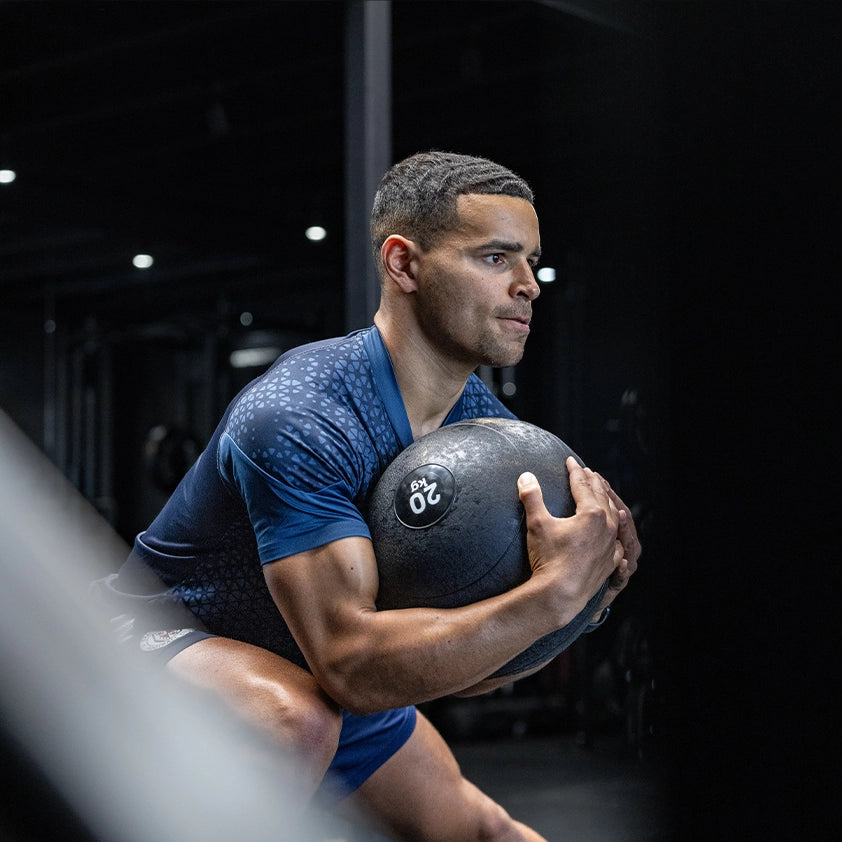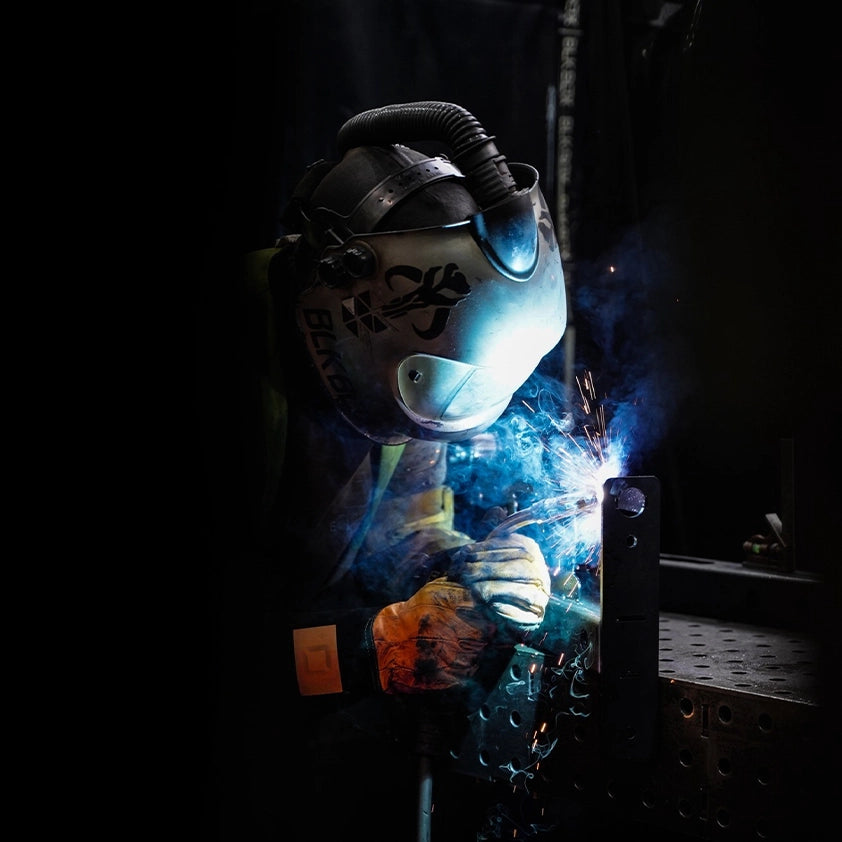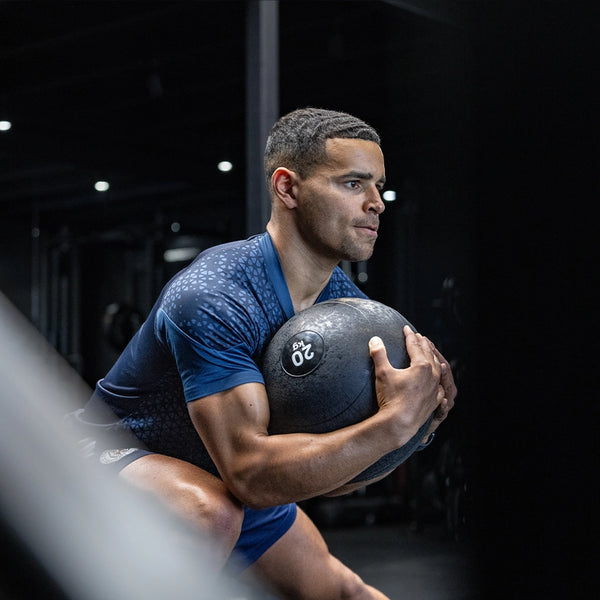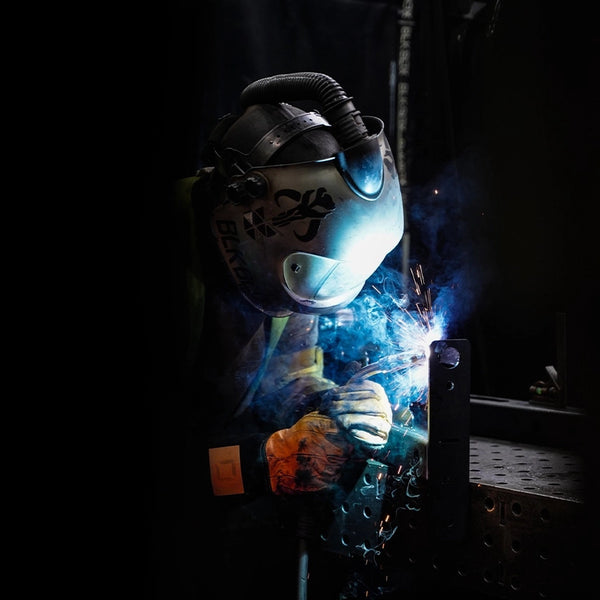Running A Successful Independent Facility
The fitness industry is undergoing one of the biggest changes since it began, and the equipment you use could make or break your business as you head into a newly competitive fitness landscape. Gregory, the Managing Director of BLK BOX sat down with JC Vacassin to chat through the key elements to running a successful independent facility.
How did the company get to where it is today?
With equal measures of stupidity, courage, and dedication. It's the people that really make it - both our team members and our clients - as well as the product itself. The profit was almost an afterthought. When we started, we wanted to offer something unique to the marketplace, moving away from short-termist, bulk production of kit. Instead, we wanted to focus on the long game, building trust with the client and selling less equipment but offering the right solution. It helped that we're our own customer - we're big into training ourselves - so we understand the market's needs and could offer something really useful and different from the rest.
What are the principles that make BLK BOX design so effective?
At BLK BOX we're pretty principled on the types of equipment we make, following our core values. We only produce kit that we believe to be the best in its class, capable of creating the maximum results for our clients and theirs. That's not to say that there isn't a place for equipment like a cross trainer- it's better than sitting on the sofa!
We also have strong internal values around going all out and winning whenever we ethically can - plus doing something scary every day, even if it means that you sometimes bite off more than you can chew.
How is the fitness industry changing?
The competitive landscape is continuing to bifurcate. The low-cost outfits are making training more accessible to everyone with their 'self-serve' model - the percentage of people who belong to a gym is the highest it's ever been. and the premium training gyms are offering clients a more personalised experience which guarantees good results and allows them to be part of a community. The middle of the market is not a good place to be right now, but I feel it might come back into play with some of the low-cost gyms feeding it.
I think the use of technology in fitness to give people guided workouts - both in and out of gyms - is taking off. Look at the success of Peloton and other online platforms, it'll be interesting to see if the bubble will burst.
What can gym owners do to keep pace?
Ongoing professional development is essential - attending courses and workshops to constantly up your game. Learn from the best people around you. Don't fall into the trap of just copying them; take the bits you need and implement them, but don't forget to look outside the fitness industry for inspiration and learning as well as adding your own flavour.
Any advice for opening or growing a fitness business?
Most important is to learn from other gym owners or other successful business people: show me your friends and I'll show you your future. Certifications are important but real life experience is even better. Secondly, don't be in too much of a hurry to grow. Bigger isn't always better and you may find that it's more hassle than it's worth.
Lastly, make sure you stay inquisitive. BLK BOX is built on helping first-time gym owners opening their first site. Most of the time, these guys say that it's the best thing they've ever done and has been incredibly rewarding. But other times, we've advised people to slow down and rethink their model, do the due diligence and get advice from someone who really knows their stuff to make sure they're expending their energy effectively.
What's the future of fitness?
That's the million-dollar question! I don't see things changing massively apart from steady growth. Augmented reality won't replace training as people like having a dedicated space for fitness, a place to disconnect from their everyday life or somewhere to join a community of like-minded people.
The industry is growing, and it's getting more competitive. While I don't feel that we're yet at the point of saturation, the level of competition is a great incentive for gym owners to raise their game if they want to excel.















